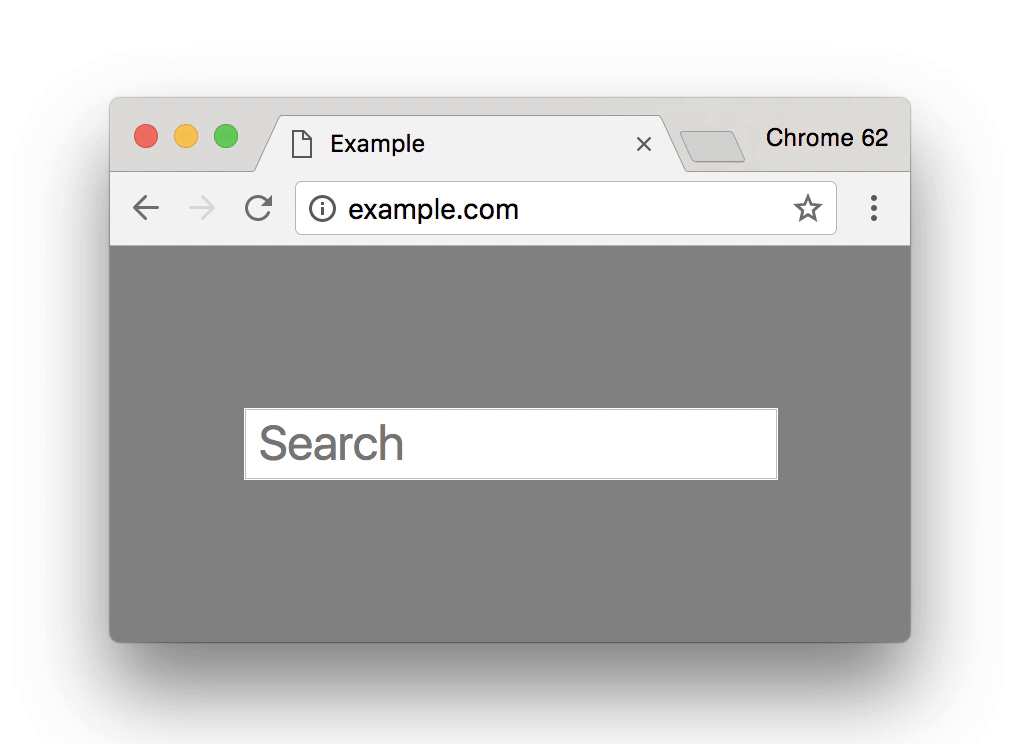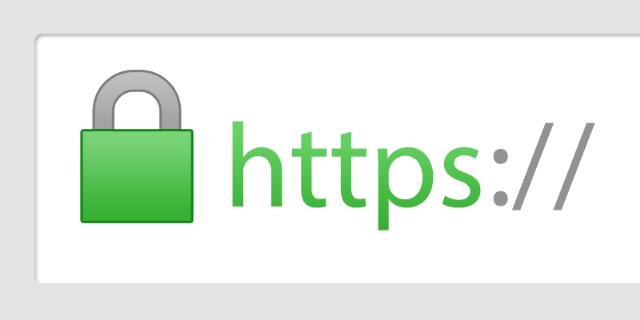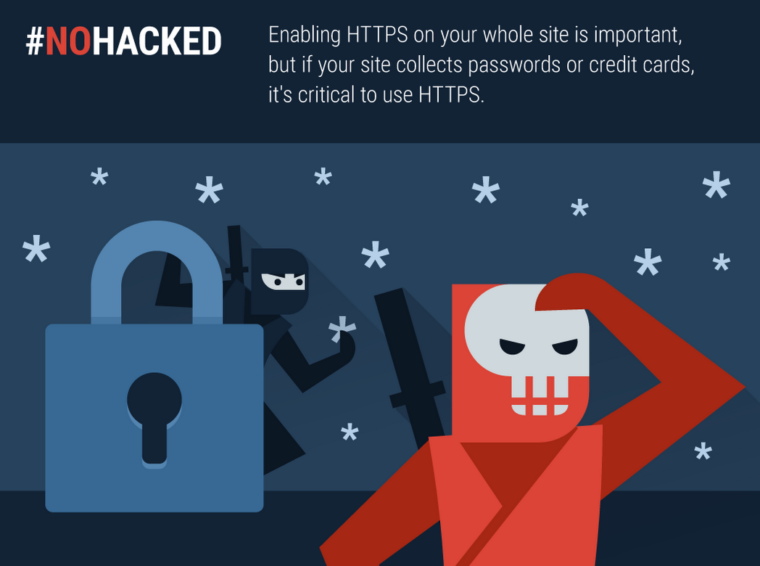In the latest episode of Google’s “Search for Beginners” series, the company focused on 5 things everyone should consider for their website.
While it is relatively straight and to the point, the video shares insight into the process of ranking your site on Google and ensuring smooth performance for users across a wide range of devices and platforms.
Specifically, Google’s video recommends:
- Check if your site is indexed: Perform a search on Google for “site:[yourwebsite.com]” to ensure your site is being properly indexed and included in search results. If your site isn’t showing up, it means there is an error keeping your site from being crawled or indexed.
- Provide high quality content: Content is essential for informing users AND search engines about your site. Following the official webmaster guidelines and best practice documents will help your site rank better and improve overall traffic.
- Maximize performance across all devices: Most searches are now occurring on mobile devices, so it is important that your site loads quickly on all devices. You can check to ensure your site is mobile friendly using Google’s online tool here.
- Secure your website: Upgrading from HTTP to HTTPS helps protect your users information and limit the chance of bad actors manipulating your site.
- Hire an SEO professional: With the increasingly competitive search results and fast-changing results pages, Google recommends hiring an outside professional to assist you.
The video actually implies that hiring an SEO professional is so important they will be devoting significantly more time to it in the future. Here’s what the presenter had to say:
“Are you looking for someone to work on [your website] on your behalf? Hiring a search engine optimizer, or “SEO,” might be an option. SEOs are professionals who can help improve the visibility and ranking of your website. We’ll talk more about hiring an SEO in future episodes.”








 A few weeks ago, Google
A few weeks ago, Google 

